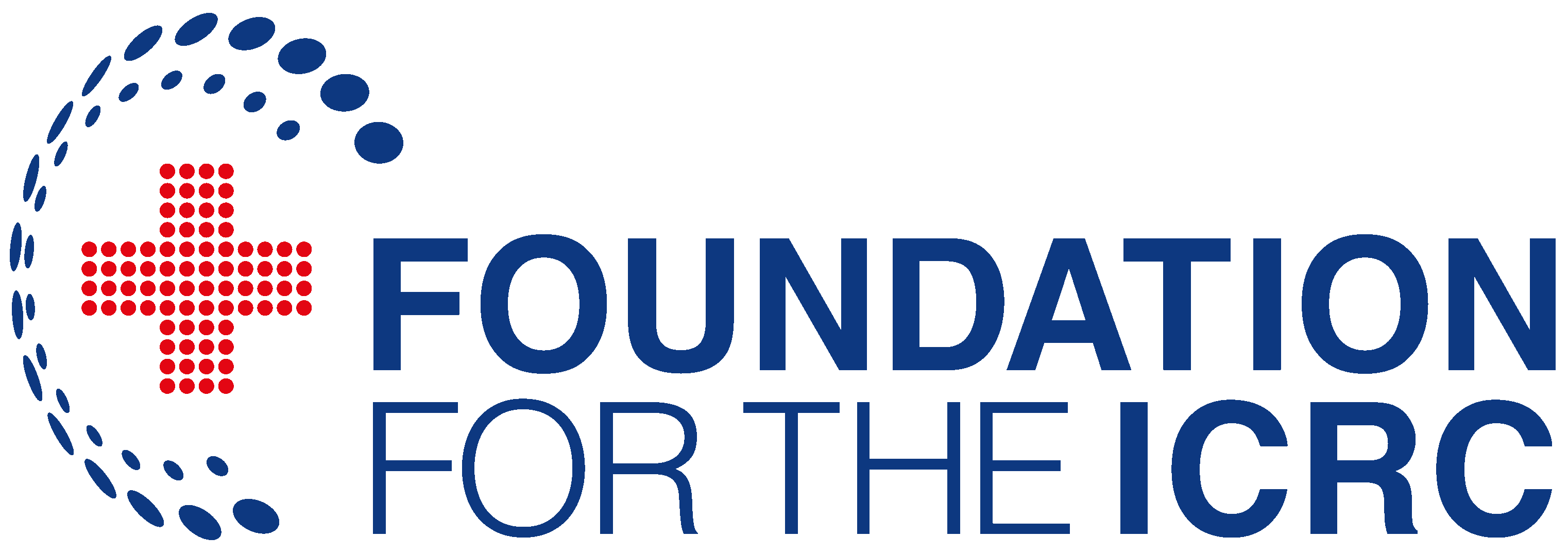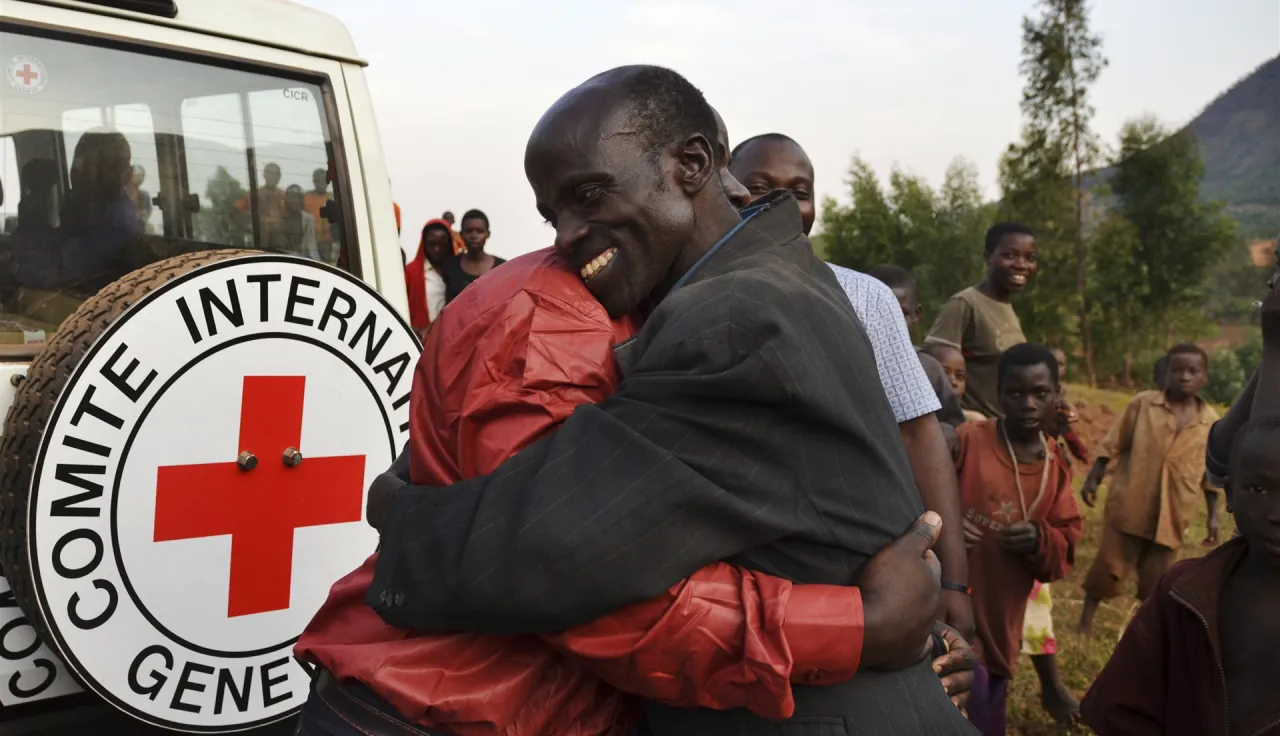Who we are

The period between the First World War and the Second World War was a time of great uncertainty.
The Foundation for the ICRC was seen as a way of securing the future of impartial, neutral and independent humanitarian action. Ninety years on, the ICRC continues to act as the guardian of international humanitarian law (IHL), protecting and assisting conflict-affected people, and serving as a neutral humanitarian intermediary. At the same time, the organization faces new challenges, such as new means and methods of warfare and the combined and worsening impacts of conflict and climate change. To meet the needs of people globally, the ICRC must adapt to these new realities, and do so quickly, by innovating and harnessing the power of technology.
The Foundation manages an endowment fund, which complements other sources of funding. The fund generates a steady income stream that the ICRC invests to carry out its humanitarian mission alongside its partners, particularly within the International Red Cross and Red Crescent Movement.
In 2020, the Foundation was restructured as an umbrella foundation and has incorporated other, dedicated funds, such as the Paul Reuter and Clare Benedict funds.
An Investment Committee is responsible for setting the Foundation’s asset allocation strategy, which aims to strike an optimal balance between minimizing risk and maximizing returns. The Foundation complies with all the Movement’s principles and guidelines and upholds strict standards of ethical investment.

